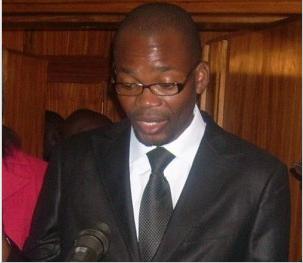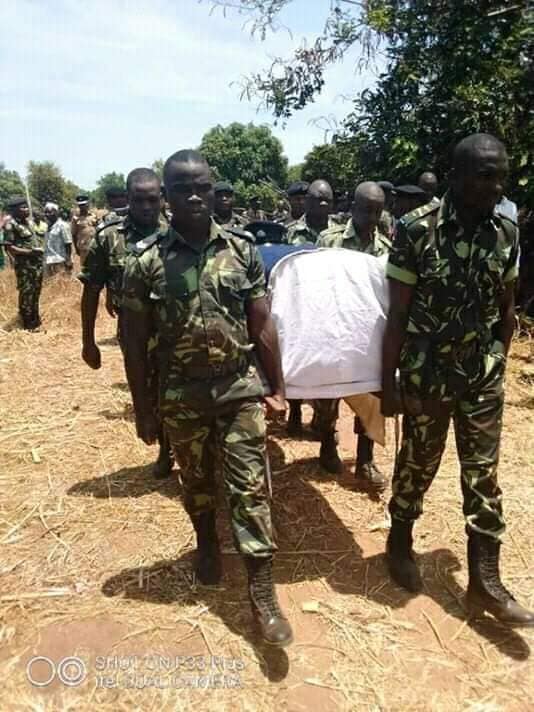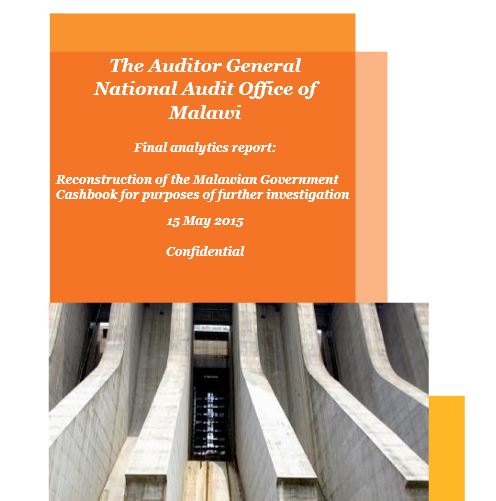Malawi government spokesperson Moses Kunkuyu has said representatives of the country’s media watchdog, National Media Institute for Southern Africa (Namisa) goofed by using “the backdoor” in an attempt to coax State President Joyce Banda to sign the press freedom accord known as the Table Mountain Declaration.
President Banda this week refused without giving proper reasons to endorse the 2007 Table Mountain Declaration which representatives of the media body asked her to sign as part of celebrations marking the World Press Freedom Day celebrations.
The declaration made in Cape Town, South Africa under the auspices of the World Association of Newspapers and News Publishers and the World Editors Forum calls for repeal of criminal defamation and ‘insult’ laws as a necessary measure to protect freedom of the press.
Kunkuyu told state television the Malawi Broadcasting Corporation (MBC) on Friday during the 8pm newscasts that Namisa’s bid to lure the President into signing the press accord by May 3, the World Press Freedom Day hit a blank wall because the media watchdog flouted the procedures that government follow in ratifying international treaties.
“When government is entering into international treaties there has to be wide consultations. In this case as government we needed to consult the Ministry of Justice, office of the Attorney General and the Ministry of Information to give proper advice to the President that at this stage, the President can now sign,” Kunkuyu explained.
Government spokesman said it was unfair for Namisa to ask the President to sign the document which has come into the country in two weeks’ time.
“This declaration was made in 2007 some seven year ago and since then not even five presidents on the continent have signed. To president of Malawi Joyce Banda it came two weeks ago and MISA really wished this would form part of the celebrations of World Press Freedom day which falls on May 3.
“So you can see that this is kind of a process. Even if it were a one page document, but looking at technicalities in there and the touching on legal aspects it would not be possible to do that within the period of two weeks,” said Kunkuyu.
However, Misa Chairperson Anthony Kasunda was quoted by the Voice of America on Friday saying the rejection is not a huge surprise to the country’s media outlets, coming a few days after President Banda criticized the local media over its coverage of her administration.
“The rejection was not much of the surprise because during our audience she hinted on that, saying that she will not sign the declaration ‘because the media is always insulting me’ and they do not appreciate the good thing that she is doing [in promoting press freedom],” he said.
He however said President Banda’s refusal is a lost opportunity for Malawi.
“It was disappointing because this has happened at a time when the president has emphasized that she is a true friend of the media,” Kasunda said, “and she already started very well in promoting media freedom in the country by repealing section 46 of the penal code, which gave powers to the minister of information to ban any publication deemed not to publishing in the public interest.
“We thought that was a step in the right direction and now that she has refused to commit her government to repealing other insult laws by refusing to sign this declaration, it is worrisome,” he added.
Numerous press freedom and civil society organizations have so far endorsed the declaration, including President Mahamadou Issoufou of Niger, Liberia’s president, Ellen Johnson Sirleaf, and South African Archbishop Desmond Tutu.




